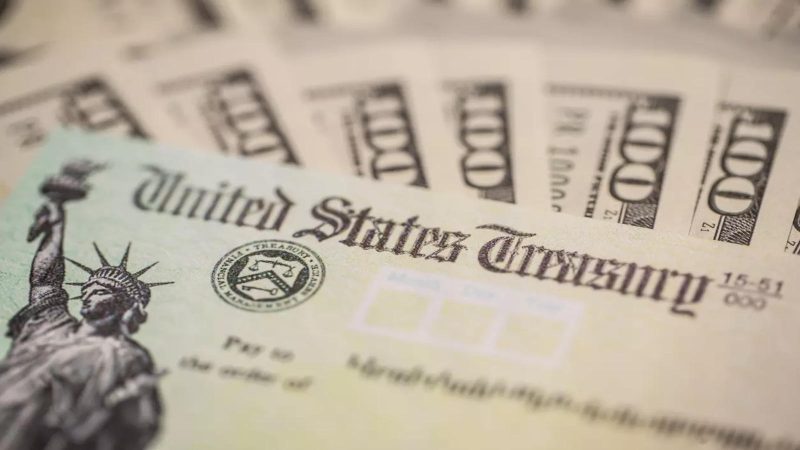The burgeoning market for tokenized U.S. Treasury debt has reached a new milestone, with the value of Treasury notes represented on public blockchains such as Ethereum, Polygon, Avalanche, and Stellar surpassing $1 billion. This marks a significant evolution in how government bonds are traded, leveraging the transparency and efficiency of blockchain technology.
A Growing Appetite for Digital Securities
Tokenized Treasuries, which are digital versions of U.S. government bonds that can be traded as tokens on the blockchain, have seen a dramatic increase in market value. Analyst Tom Wan from crypto firm 21.co has noted an almost tenfold growth since January last year, with an 18% increase following the announcement of the Ethereum-based tokenized fund BUIDL by BlackRock on March 20.
Leading Tokenized Treasury Funds
As of the latest data, BlackRock’s BUIDL fund has grown to become the second-largest of its kind, with a tokenized value of $245 million. It trails behind Franklin Templeton’s Franklin OnChain U.S. Government Money Fund (FOBXX), which leads with $360.2 million in deposits and is represented by the BENJI token. This rapid expansion in tokenized funds underscores the increasing demand and confidence in digital representations of traditional financial assets.
Market Dynamics and Demand
The surge in the value of tokenized U.S. Treasuries can be attributed to the rising Treasury yields over the past two years, making these digital assets more appealing compared to the traditional decentralized finance (DeFi) market operations. The 10-year Treasury yield, often considered the “risk-free rate,” has escalated from 1.69% to 4.22% since March 2022. This shift has dented the attractiveness of lending and borrowing dollar-pegged stablecoins in DeFi, steering investors towards tokenized Treasuries as a diversification strategy for their portfolios.
The Future of Tokenized Treasuries
The significant growth in tokenized U.S. Treasuries not only highlights the potential for blockchain technology to revolutionize traditional financial markets but also indicates a shift in investor preferences towards more secure and diversified digital assets. As blockchain technology continues to mature and gain regulatory clarity, the tokenization of government securities and other financial instruments is expected to become more prevalent, offering investors new opportunities to enhance their investment strategies while enjoying the benefits of decentralized finance.
